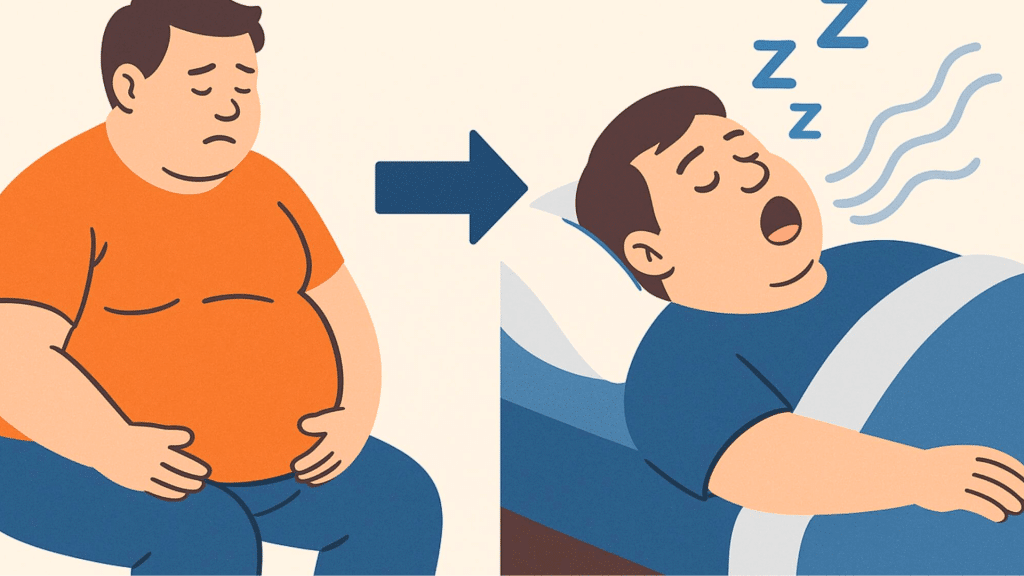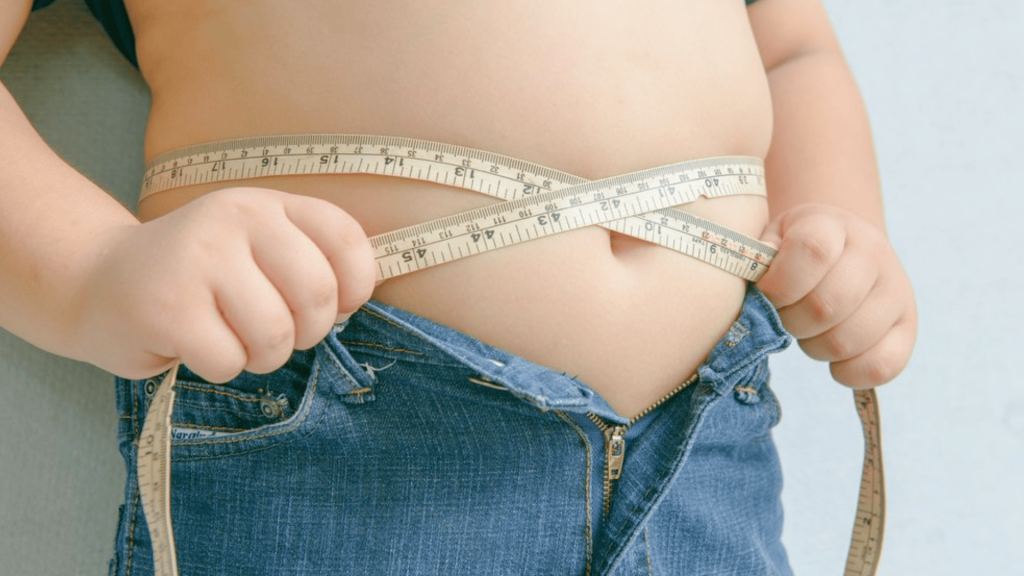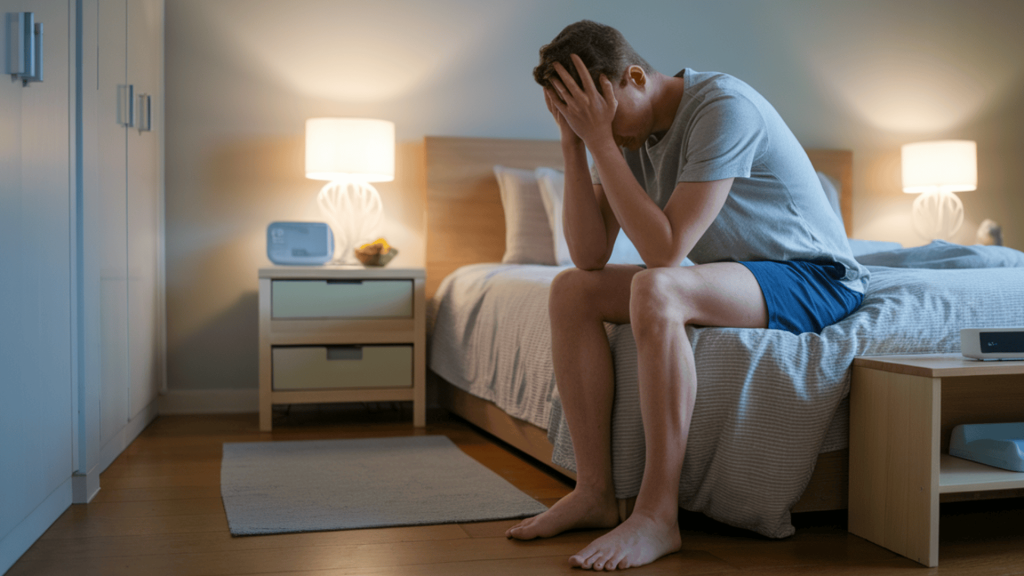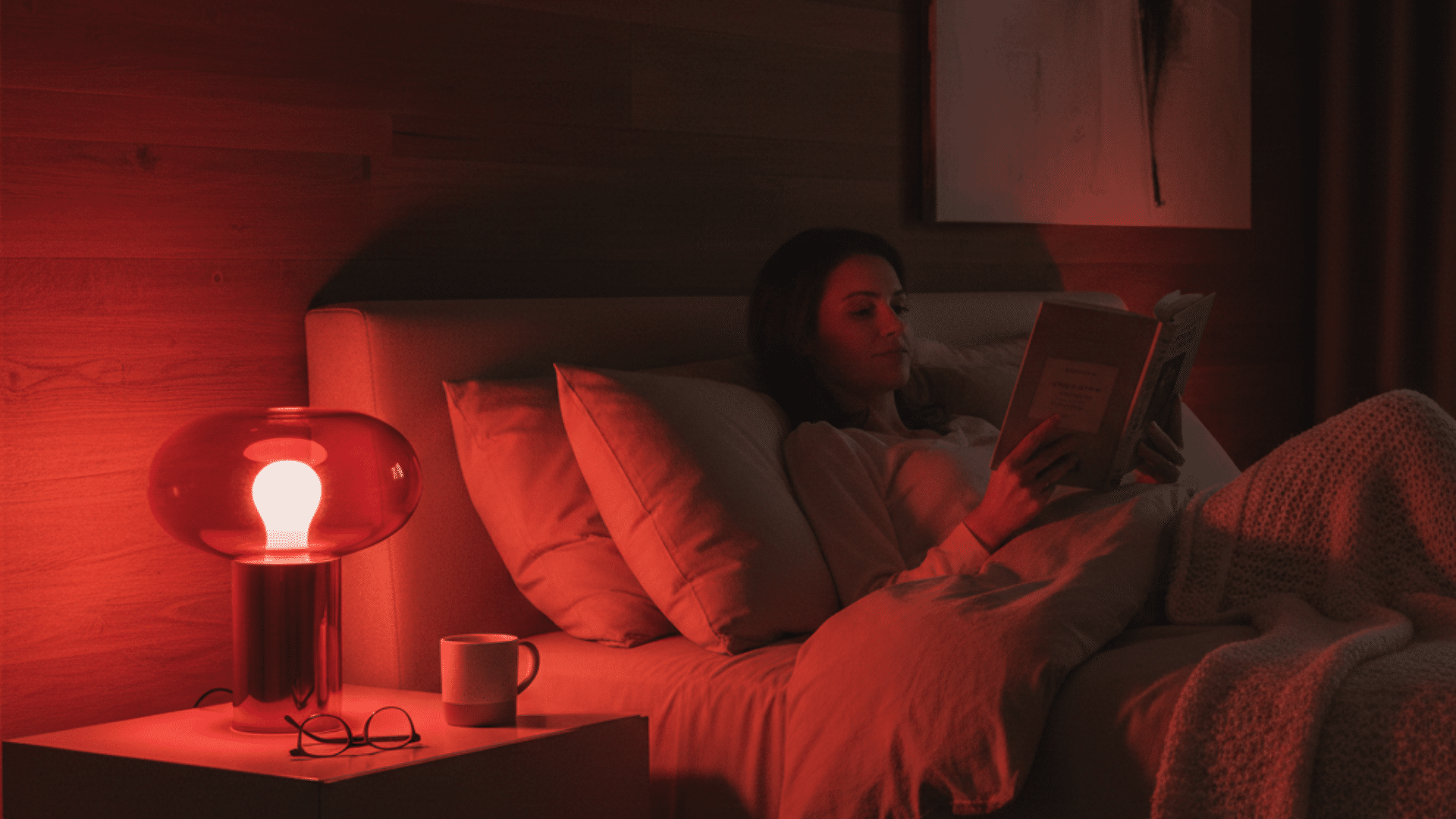I used to wonder why I was gaining weight, despite eating well and staying active. Turns out, poor sleep can play a big role, especially if sleep apnea is involved. It can throw off your hormones, increase cravings, and drain your energy.
I’m going to show you how all of that connects, how CPAP treatment can help, and why weight gain can make sleep apnea worse. I’ll also share tips that helped me manage both.
You’ll walk away knowing what signs to watch for and when it’s time to talk to a doctor.
If you’ve ever asked yourself, “Does sleep apnea cause weight gain?” I will help you understand what’s really going on and what to do next.
Understanding Sleep Apnea
Sleep apnea is a condition where your breathing stops and starts during sleep. It can leave you feeling tired, even after a full night’s rest.
There are three main types: obstructive sleep apnea (OSA), central sleep apnea (CSA), and complex sleep apnea. OSA happens when the throat muscles block airflow.
CSA occurs when the brain doesn’t send the right signals to control breathing. Complex sleep apnea is a mix of both.
Common signs include loud snoring, gasping for air during sleep, dry mouth, morning headaches, daytime fatigue, poor focus, and mood swings.
To diagnose it, doctors may recommend a home sleep test or an overnight study at a sleep clinic.
These tests check breathing, oxygen levels, and how often you wake up. Once diagnosed, your doctor will suggest the right treatment plan for you.
Does Sleep Apnea Cause Weight Gain?

Poor sleep from sleep apnea can affect your body in ways that make weight gain more likely. Here’s how it happens:
1. Hormonal Disruption
Sleep apnea throws off your hunger hormones. It can lead to leptin resistance, which means your brain doesn’t get the signal that you’re full. At the same time, it increases ghrelin, the hormone that makes you feel hungry.
2. Sleep Deprivation and Appetite
Not getting enough restful sleep changes the way your body handles food. It increases cravings for high-calorie snacks, sugar, and carbs. This often leads to late-night eating or poor food choices during the day, making weight gain more likely.
3. Metabolic Changes
Sleep apnea also affects how your body uses energy. It can cause insulin resistance, which makes it harder to manage blood sugar and easier to gain fat. It also slows down your resting metabolism, so your body burns fewer calories, even when you’re doing nothing.
4. Low Energy and Physical Inactivity
Feeling constantly tired makes it tough to stay active. People with sleep apnea often skip exercise because they feel drained. Over time, this leads to a more sedentary lifestyle, which increases the chances of gaining weight.
Can CPAP Treatment Cause Weight Gain?
Some people notice slight weight gain after starting CPAP therapy, but it’s usually small and not caused by fat. In many cases, it’s due to fluid retention.
This means your body holds on to extra water, especially in the first few weeks. Some studies have found a link between CPAP use and small weight increases, but the results are mixed.
While short-term use may cause minor weight gain from water buildup, long-term CPAP use actually helps many people feel more rested and active, making it easier to manage weight over time.
Better sleep can also help balance hormones, reduce cravings, and support a healthier metabolism.
Does Weight Gain Worsen Sleep Apnea?
Weight gain plays a key role in making sleep apnea more severe. When fat accumulates in specific areas of the body, it can impede normal breathing during sleep, leading to more frequent apneas.
- Fat around the neck: Extra tissue in the neck area can narrow the airway, making it more likely to collapse during sleep.
- Abdominal fat: Belly fat pushes up on the diaphragm and lungs, reducing lung capacity and making it harder to breathe deeply at night.
People with a higher BMI are more likely to experience obstructive sleep apnea. Even a small weight increase can lead to louder snoring, longer pauses in breathing, and lower oxygen levels during sleep.
How to Manage Weight with Sleep Apnea

A balanced routine that includes healthy eating, gentle movement, and better sleep habits can support weight loss and ease sleep apnea symptoms over time.
Tailored Nutrition Tips
Eating the right foods can reduce inflammation and help you manage hunger better.
- Choose anti-inflammatory foods: Focus on leafy greens, berries, nuts, fatty fish, and olive oil to calm inflammation that may affect breathing.
- Balance your meals: Include protein, fiber, and healthy fats to keep you full longer and reduce late-night snacking.
- Limit sugar and processed foods: These can spike blood sugar, increase cravings, and disrupt sleep.
Safe Exercise Ideas
Gentle workouts can help you stay active without adding stress to a tired body.
- Start with low-impact activities: Walking, swimming, or yoga are easy on the joints and boost energy over time.
- Exercise earlier in the day: Morning or early afternoon workouts support better sleep and avoid evening restlessness.
- Be consistent, not intense: Even short daily sessions are better than pushing too hard and burning out.
Sleep Hygiene Support
Improving sleep quality helps your body regulate weight and recover faster.
- Stick to a sleep schedule: Go to bed and wake up at the same time every day, even on weekends.
- Create a calming bedtime routine: Turn off screens, dim the lights, and do something relaxing before bed.
- Use your CPAP regularly: Consistent use helps you sleep more deeply, feel more alert, and stay active during the day.
Sticking to these habits can make it easier to manage your weight and improve your sleep. Over time, even small changes can lead to better energy, fewer symptoms, and a healthier life.
When to Talk to a Doctor
If you’re noticing changes in your sleep or weight, it’s important to know when those signs might point to sleep apnea. Here are a few signals that mean it’s time to seek medical advice.
- Unexplained weight gain: If you’ve gained weight without major changes in your eating or activity habits, it could be linked to disrupted sleep or hormone imbalances caused by untreated sleep apnea.
- Loud snoring or gasping during sleep: Regular snoring, especially if it’s loud or involves choking or gasping, may be a sign that your airway is being blocked at night, one of the main signs of obstructive sleep apnea.
- Daytime fatigue despite full sleep: Feeling tired all day, even after 7–9 hours of sleep, could mean your body isn’t getting enough deep rest due to repeated breathing pauses during the night.
- Mood changes or trouble focusing: Poor sleep can affect how you feel and think. Irritability, low mood, and brain fog may be linked to ongoing sleep interruptions from untreated apnea.
- Difficulty losing weight: If you’re trying to lose weight but not seeing results, your sleep quality might be affecting your metabolism, hormone levels, and appetite control, making weight loss harder.
If you notice one or more of these signs, a doctor can guide you through testing and help you find the right treatment.
Conclusion
I’ve learned that understanding the link between sleep and weight can change the way you approach your health. If you’ve been struggling to lose weight, sleep apnea could be one of the hidden reasons why.
Now that you know how it can affect your hormones, energy, and daily habits, you can start making small, realistic changes. I’ve found that even simple shifts in how you sleep, eat, and move through the day can make a real difference.
If you’ve been wondering, Does sleep apnea cause weight gain? You know now that it often can. The good part is, it’s something you can take control of.
If you want more help, you’ll find plenty of straightforward, practical tips in my other blogs. Don’t forget to check them out.









